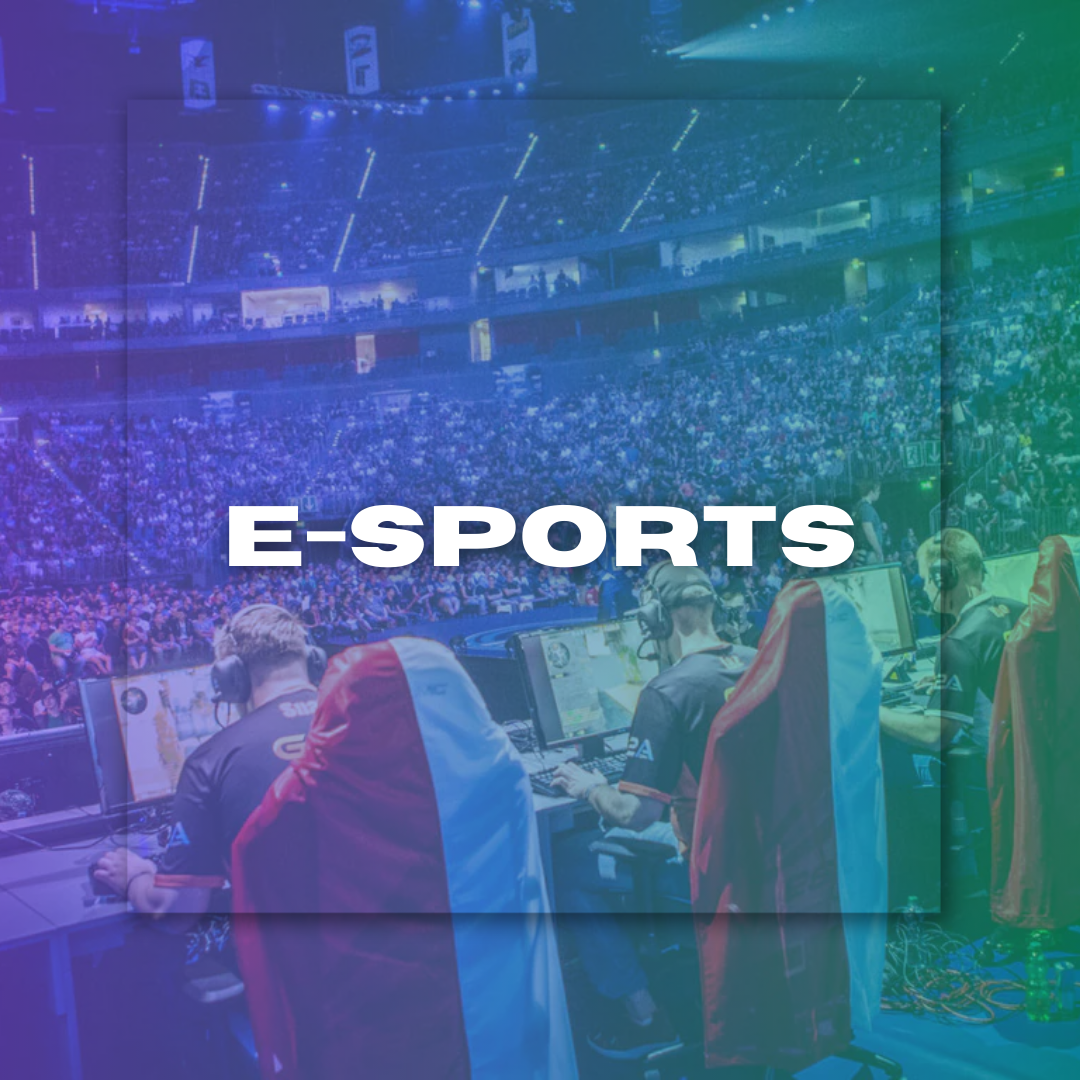
The Impact of Athlete Activism on Sports Sponsorships
The Impact of Athlete Activism on Sports Sponsorships
By Oliver Wiener August 08, 2024 00:53
Over the past few years, athlete activism has become a force to be reckoned with in the world of sports, altering relationships between athletes on one hand and both leagues and their corporate partners on another. This is a deep challenge to the intersection of athlete promotion and activism, as today, more than ever, athletes espouse their social justice platform similar to traditional political representation or engage in civic duty. The following article will look at how athlete activism impacts decisions made by sponsors, the sponsorship environment as a whole, and the societal effects on sports business.
The Rise of Athlete Activism
Athlete activism has become a hot-button topic in recent years as the social wave of athletes relocating their voices to critically important causes continues. They may offer a means of escape for fans. Still, sports have become full-on messy distractions from hell, especially now the athletes are speaking up on issues like racial injustice, as Colin Kaepernick attempted to do by taking that knee during the national anthem and education reform. However, this transition plays into a larger societal trend in which people, especially younger generations, increasingly want their public figures to communicate on social issues.
Historical Context
Athletes have, historically, done the heavy lifting in social movements. Muhammad Ali and Billie Jean King used their fame to question norms related to civil rights and gender equality. Now, as professional athletes today speak out on social issues often through the use of exaggerated hashtags and a now global platform presented by various screen-scanning devices, they join that trailblazing class.
Effect on Sponsor Decision Making
The Changing World of Sponsorship
Sponsor decision-making influences the athlete activism landscape as big brands evaluate their athlete partners. Athletes are pushing boundaries, and brands like Adidas generate activity based on Vice President of Global Entertainment & Influencer Marketing Jon Wexler's statement: "Brands want to associate themselves with the right athletes." However, aligning the brand with this cause can also deepen loyalty among consumers who care about corporate social responsibility.
Examples of Sponsor Changes
Colin Kaepernick and Nike: Following the protests that have sparked around Colin's career, Nike decided to add him as a spokesperson for its sneaker ads. By doing so, Nike made a public statement indicating its stance on social justice and saw an increase in sales as well from brand synergy with activist athletes, resulting in such notions manifesting into their financial bottom line.
Simone Manuel and TYR Sport: Olympic swimmer Simone Manuel included an inclusion rider in her sponsorship agreement with TYR Sport to ensure that the parties she aligns herself with remain committed to diversity and inclusivity. The decision underscores how players can use their activism as leverage to push sponsor obligations forward.
Financial and Reputation Consequences
Positive Outcomes for Brands
Brands that actively engage in or support athlete activism have a definite reputational upside. However, companies that stand behind athletes who are outspoken on social issues can similarly build their brand and create loyal customers. A survey discovered that consumers expect more corporations to engage in corporate social responsibility, with 71% saying that brands should take a stand on important issues.
Risks of Termination
Brands that do not listen may suffer further damage as they move to cancel sponsorships, which happens accordingly, but consumers can also be in a position to harm those brands that seem indifferent. When some sponsors dropped their support of Kaepernick, activists and consumers said the decision amounted to a rejection of social justice, in certain cases, rightly so. This blowback, in turn, can result in significant reputational harm and market share erosion.
In 2018, a handful of brands backed away from the NFL because they were unhappy with how the league handled player protests. The viewership and sponsorship revenue diminished due to this decision, proving that there can be financial consequences when angering those socially conscious consumers.
Social and Cultural Impacts at a Macro-level
Evolving Consumer Expectations
Athlete activism has changed what people now expect from businesses. Millennials and Gen Z's in today's consumer market put more focus on brands to show social responsibility with their products. This change has led businesses to engage in a conversation about issues much bigger than sports and re-examine what they are for as companies through their choices on who gets sponsored.
Cultural Conversations
Through athlete activism, the sport also spurs national cultural dialogues on race, gender, and social justice. Across the professional sports world, high-profile athletes have been using their platforms to bring attention and awareness to these issues, forcing fans and communities into conversations about systemic inequalities. This cultural shift impacts the sports industry by creating space for an inclusive environment where all perspectives are deemed important.
Challenges and Backlash
Criticism of Athlete Activism
While the effects of athlete activism can be beneficial, there are barriers and consequences. They say, in essence, "Shut up and dribble." This can lead to weird and misaligned relationships in which athletes want fans rather than what fans think.
Numerous fans also voiced their displeasure with athletes speaking out on political topics, in some cases leading to calls for boycotts against activist athletes and the teams/brands they represent. That backlash can make it a bruising terrain for sponsors still trying to find their way through the labyrinth of athlete activism.
Navigating Morals Clauses
These clauses enable brands to withdraw from agreements if an athlete damages the brand image through improper conduct. Yet, in the more cosmopolitan age of today's sports, stars are starting to push for tit-for-tat morals clauses, making sure that they too can shield their brands from a potential hit on reputation by whoever is plastered all over.
The impact of our nation's athlete activism on sports sponsorship is considerable and has diverse consequences. This will cause shifts in how athletes use their platforms to push for social change and the relationships between athletes, sports leagues, and corporate sponsors. By recognizing and adapting to this change, brands increase reputational value with and loyalty from socially conscious consumers. Those who follow this trend may face financial and reputational risks instead.
In an ever-shifting landscape of sponsorship in the sports industry, conversations must open up around important topics, and brands need to understand that a partnership comes with responsibilities. This collision of sports and activism isn't just changing the face of sponsorship; it indicates a more profound cultural movement in business to ensure social responsibility within sports.
LATEST
- NEWS
- |
- ARTICLES
- |
- VIDEOS






















































































